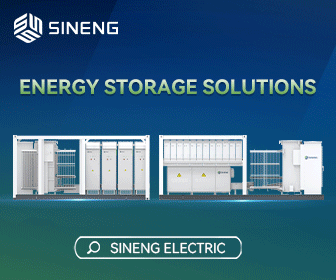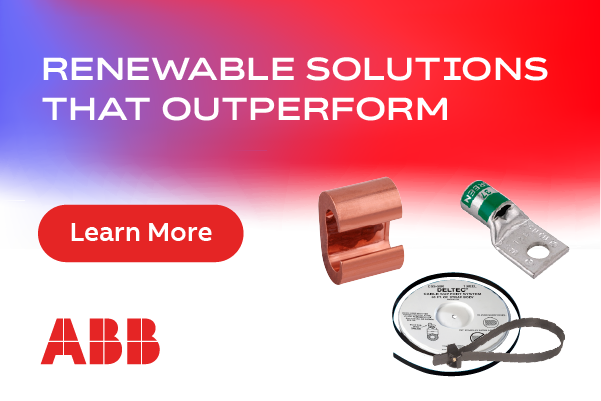40 MW / 80 MWh Energy Storage Project with a Leading Renewable Energy Company Highlights Wärtsilä's Technical Capabilities
The technology group Wärtsilä has again demonstrated its capabilities in advanced energy storage solutions with the award of a contract to supply an engineered equipment delivery (EEQ) of a 40 MW / 80 MWh DC-coupled solar plus storage system to the Hickory Park Solar project in Georgia, USA. The owner of the project is RWE Renewables, one of the world's leading renewable energy companies. The Wärtsilä system will enable a subsidiary of RWE Renewables, Hickory Park Solar, LLC, to sell nearly 200 MW of generation from the solar PV panels to Georgia Power Company. The order was booked by Wärtsilä in Q4 2020.
Wärtsilä's sophisticated GEMS Digital Energy Platform will control the entire hybrid plant, comprising close to 200 MW solar PV and a 80 MWh GridSolv Quantum energy storage system. GEMS monitors, synchronises, and optimises generation assets at increments of 100 milliseconds, using machine learning and historic and real-time data analytics to calibrate the type of generation needed at any specific time, all under a single portfolio.
Wärtsilä's IntelliBidder auto-bidding solution allows Hickory Park Solar to provide Georgia Power a day-ahead firming solar plus storage profile, which will improve the predictability of the intermittent generation. The cloud-based IntelliBidder uses machine learning and algorithms based on automated and forecasted data, taking real-time trading and combining it with a smart control platform that provides value-based asset management and portfolio optimisation.
In addition to GEMS, the Hickory Park Solar project will see the deployment of GridSolv Quantum, Wärtsilä's next-generation energy storage system (ESS). The project is currently designed with CATL batteries. With functionality a key feature, GridSolv Quantum is a fully integrated modular and compact solution that enables a holistic and intuitive ESS, while maintaining a minimalist design to ease the scope and complexity of deployment activities. The solution also delivers the lowest lifecycle costs and the smallest system footprint.
The co-located energy storage system will be DC-coupled with the solar system, allowing a number of benefits, such as improved system efficiency, lower balance of plant costs, and clipped solar recapture. With storage attached to the solar system, the batteries can be charged with excess solar generation when the PV reaches its peak and would otherwise begin clipping. The stored energy can be introduced into the grid at the appropriate time, maximising the value of the system's generation.
"For us, this is a milestone project of renewable integration involving solar PV plus energy storage, with the batteries being charged entirely from the solar system. It is one of the very few projects globally on this scale using DC-coupling. The flexibility and broad capabilities of the GEMS software enable effective and efficient control over the entire system, which is essential in this 80 MWh project with the GridSolv Quantum ESS," commented Andy Tang, Vice President, Energy Storage and Optimisation, Wärtsilä Energy.
Delivery of the Wärtsilä equipment is scheduled for September 2021, and the plant is expected to commence commercial operations in November of that year. Wärtsilä has previously delivered energy storage solutions to RWE Renewables in Texas and Arizona, USA.
Wärtsilä | https://www.wartsila.com/energy









